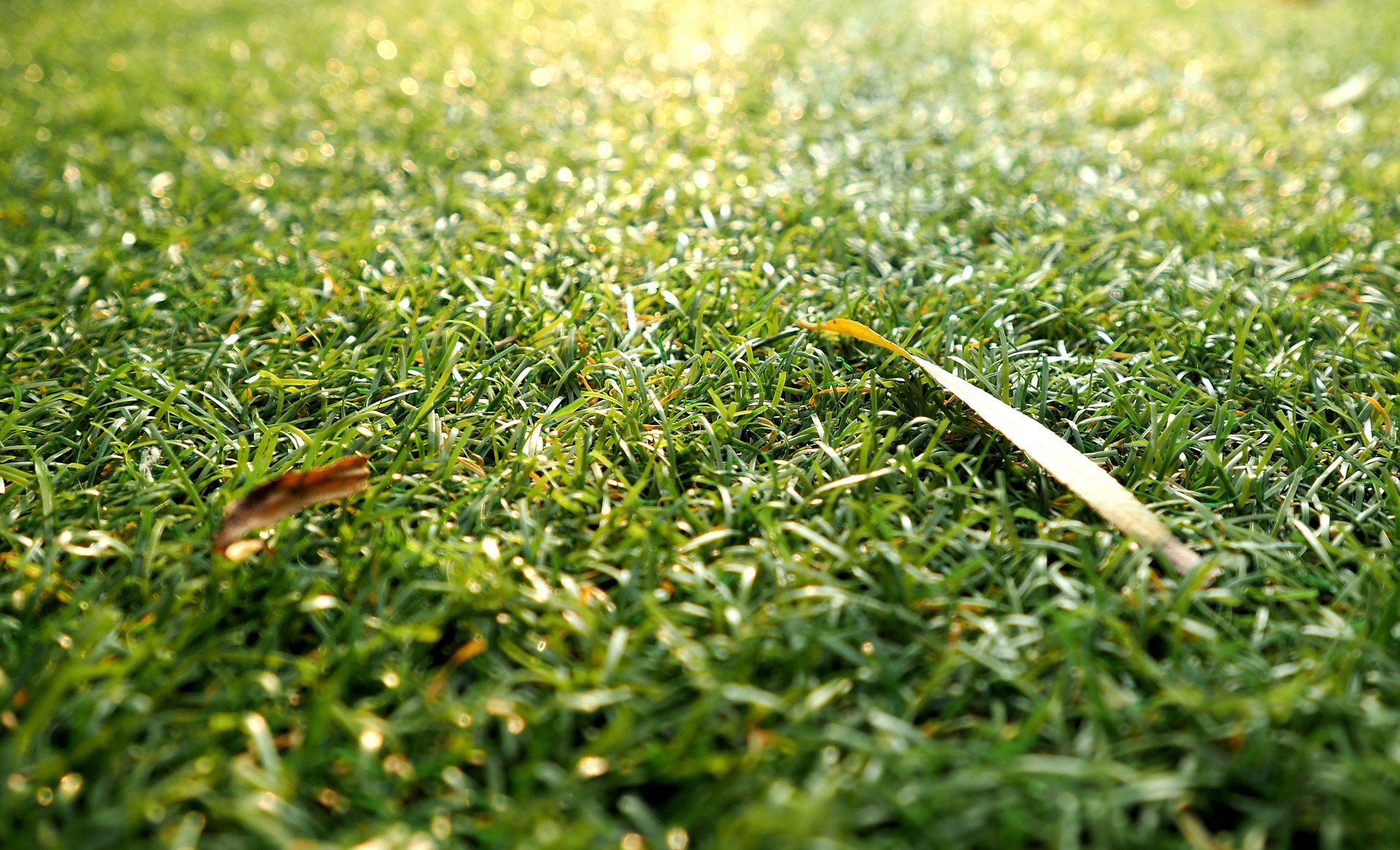
1. Aerate and Overseed
The hot Nashville summers can do a number on your lawn and soil. Nashville soil is typically hard and nutrient deficient, so core aeration is essential to promoting a healthy root system. It allows your lawn to oxygen, water, and fertilizer to seep deeper into your soil. The holes created during an aeration allows roots to grow longer and thicken in the process.Nashville sits in the transition zone, which means that both cool and warm grass types can be grown in your yard. This also means that your grass may not survive through the changing of the seasons. Promote better stronger grass by overseeding your lawn and encouraging new blade growth.
2. Get a Soil Test
Properly identifying what your soil is lacking will ensure that you’re giving your lawn everything it needs to stay healthy. Soil tests can help you properly target problem areas and then treat the areas with the correct fertilizer. This will also help you determine what grass types will grow the best in your soil. Many local lawn care companies will come out and take a core sample of your soil for testing purposes. Whether you seek professional lawn care help or not, they can help provide you with a little more insight into what products will work best with your soil type.
3. Fertilize
Nashville’s clay-based soil doesn’t promote the best growth, so fertilization is necessary to add in the correct amount of nutrients. The fall season is the best time to fertilize your lawn. Fall fertilization will help your lawn repair from the stress it dealt with during the hot summer months, and promote healthy root systems that will handle the cold winter months ahead. Make sure that you test your soil prior to laying down a fertilizer so that you have a better idea of the nutrients that your soil and lawn seeks.
4. Water
A proper watering routine can do wonders for your lawn’s health. Make sure that you’re watering thoroughly in the early morning, before the midday heat sets in. Since Central Tennessee has a relatively humid climate, watering in the late evening or night leaves your lawn moist, which encourages the growth of fungal diseases. Also, make sure that you’re watering deeply rather than frequently. Deep watering sessions allows your soil to retain moisture longer, which can be a benefit when your area goes through a dry spell or cold winter.
5. Mow
Proper mowing techniques will help prepare your lawn to deal with the stresses that the winter months will bring. Keep your mower blade high when passing over your lawn to keep the blades thick. Different grass types require different levels of care, so make sure that you identify what type of grass you have in your yard. A local Nashville lawn care professional can assist you in identifying grass types and proper winter care.
Tired of messing around with your lawn? Check out our Nashville page to see just how easy it is to book quality lawn care.





